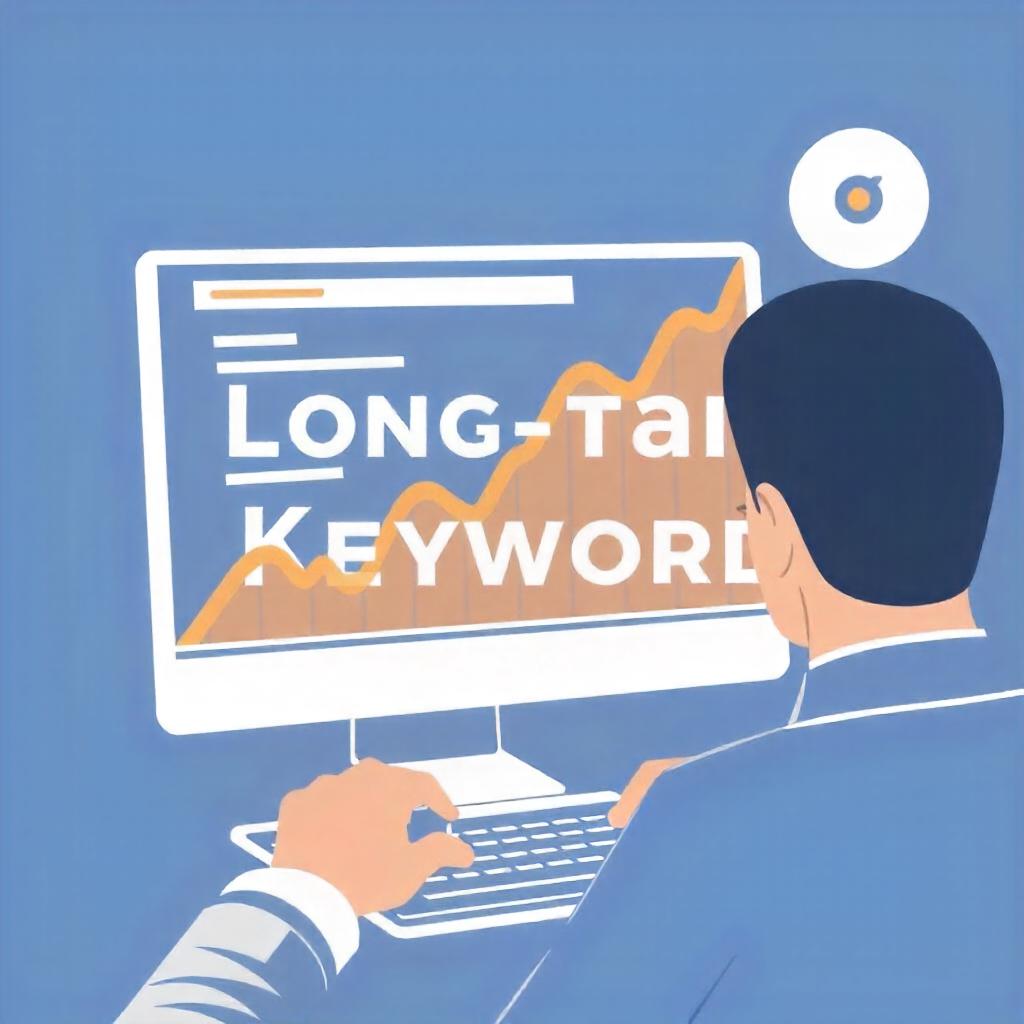Sales-qualified leads (SQLs) are prospects who have shown a clear intent to make a purchase and are considered ready for the sales team to engage. SQLs represent a critical stage in the lead generation funnel, falling after marketing-qualified leads (MQLs), who have shown interest but may not be ready to purchase yet. Identifying and converting SQLs is essential for driving revenue, as they have demonstrated a higher likelihood of becoming paying customers.
What Are Sales-Qualified Leads?
A sales-qualified lead is a potential customer who has been vetted by the marketing team and meets specific criteria indicating they are ready for direct sales engagement. SQLs have often shown interest through specific actions such as:
- Filling out a contact form
- Requesting a demo or consultation
- Engaging with high-intent content, such as pricing pages
- Interacting with sales reps during discovery calls or meetings
SQLs are typically more advanced in the buyer’s journey than MQLs. They are usually aware of their problem, have researched possible solutions, and are ready to make a decision.
How to Identify a Sales-Qualified Lead
To identify an SQL, organizations often use lead scoring systems or other criteria based on behaviors, interactions, and demographic information. Here are some common methods for identifying SQLs:
- Behavioral Signals:
- Requesting a product demo or trial.
- Engaging with high-level sales content like product comparison pages, pricing information, or case studies.
- Responding positively to sales outreach, such as attending a discovery call or expressing a willingness to discuss pricing.
- Downloading product brochures or engaging in live chat with sales staff.
- Firmographic Data:
- The prospect fits your ideal customer profile (ICP) in terms of industry, company size, and location.
- They hold a relevant role (e.g., decision-maker or influencer) within their organization.
- Lead Scoring:
- Marketing teams often assign point values to various actions (e.g., downloading a whitepaper might earn 5 points, while requesting a demo might earn 20 points). Once a lead reaches a specific threshold, they are passed over to the sales team as an SQL.
- Time and Engagement:
- A lead that has engaged with content over a period of time, attended webinars, or consistently visited the website may show a higher level of interest and intent to purchase.
The Sales-Qualified Lead Process
The journey to converting a lead into an SQL typically involves several steps:
- Lead Generation: The marketing team generates leads through various channels such as content marketing, social media, paid ads, and email campaigns.
- Lead Qualification: After gathering leads, the marketing team evaluates them based on behavior, demographic information, and engagement to determine whether they are MQLs or SQLs.
- Lead Scoring: The leads that exhibit behavior that aligns with purchasing signals are scored and categorized as SQLs.
- Sales Handoff: Once a lead is identified as an SQL, it is passed over to the sales team for direct engagement. The sales team will follow up with personalized outreach, often through calls, emails, or meetings, to nurture the lead further and convert them into a customer.
- Sales Conversion: The sales team continues to work with the SQL through the final stages of the buying process, including negotiating terms, closing the deal, and finalizing the purchase.
Sales-Qualified Lead vs. Marketing-Qualified Lead
The distinction between MQLs and SQLs is crucial in lead management. Here’s how they differ:
Start Your Digital Business Today for Just 20 USD
- Marketing-Qualified Leads (MQLs):
- MQLs are leads that have shown interest but are not yet ready for direct sales engagement.
- They are typically nurtured through additional content, emails, or educational resources until they are ready to be handed over to sales.
- Sales-Qualified Leads (SQLs):
- SQLs are leads that have shown strong buying intent and are more likely to convert into paying customers.
- These leads require direct engagement from the sales team, who will work to finalize the sale.
The goal of lead nurturing is to move MQLs through the funnel and convert them into SQLs.
Why Are Sales-Qualified Leads Important?
Sales-qualified leads are vital to a business’s success because they represent prospects who are highly likely to convert. Prioritizing SQLs over less-qualified leads ensures that the sales team spends their time and resources on the most promising opportunities.
- Increased Conversion Rates: SQLs are more likely to convert into paying customers compared to other types of leads.
- Efficient Resource Allocation: By identifying SQLs early, businesses can focus their sales efforts on high-value prospects and avoid wasting resources on leads that are not ready to buy.
- Revenue Growth: Converting more SQLs into customers directly impacts revenue and helps meet sales targets.
Best Practices for Nurturing Sales-Qualified Leads
Once a lead is qualified, nurturing them through the final stages of the sales cycle is essential. Here are some best practices:
Digital Marketing for Beginners: Learn Affiliate Marketing and Facebook Ads
- Personalized Communication: Engage with SQLs using personalized messages that address their specific pain points or needs. Tailor your approach based on their behavior and interactions with your brand.
- Provide Social Proof: Share customer testimonials, case studies, or success stories that demonstrate how your product or service has helped others achieve their goals. This builds trust and reduces skepticism.
- Offer a Clear Value Proposition: Be clear about how your product or service solves their problem and why it’s the best choice. Highlight the unique features and benefits that make your offering stand out from competitors.
- Create Urgency: Encourage SQLs to act quickly by offering limited-time promotions, discounts, or other incentives. Scarcity and urgency can push leads to make a quicker decision.
- Follow Up Consistently: Ensure that your sales team follows up with SQLs regularly. This could include reminder emails, follow-up calls, or additional touchpoints to keep the conversation moving forward.
Tools for Managing Sales-Qualified Leads
To effectively track and manage SQLs, businesses often use a variety of tools:
- Customer Relationship Management (CRM) Software: CRM tools like Salesforce, HubSpot, or Zoho can help track leads, monitor their behavior, and automate parts of the sales process.
- Lead Scoring Platforms: Many marketing automation tools, such as Marketo or Pardot, offer lead scoring features to help identify when leads are ready to be passed to the sales team.
- Sales Engagement Platforms: Tools like Outreach or SalesLoft help sales teams engage with leads through personalized email sequences, calls, and meeting scheduling.
Measuring the Success of Sales-Qualified Leads
Measuring the success of SQLs involves tracking key performance indicators (KPIs) such as:
- Conversion Rate: The percentage of SQLs that convert into paying customers.
- Sales Cycle Length: The average time it takes for an SQL to move through the final stages of the sales funnel and make a purchase.
- Revenue Generated: The total revenue generated from SQLs, which helps evaluate the impact of the SQL process on the bottom line.
By continually tracking these metrics, sales teams can fine-tune their strategies and improve the effectiveness of their lead qualification process.
Sales-qualified leads are a critical component of a successful sales strategy. By identifying, nurturing, and effectively engaging SQLs, businesses can increase conversion rates, optimize sales efforts, and drive revenue growth. Through careful qualification, personalized communication, and targeted engagement, businesses can convert more high-potential prospects into loyal customers.

